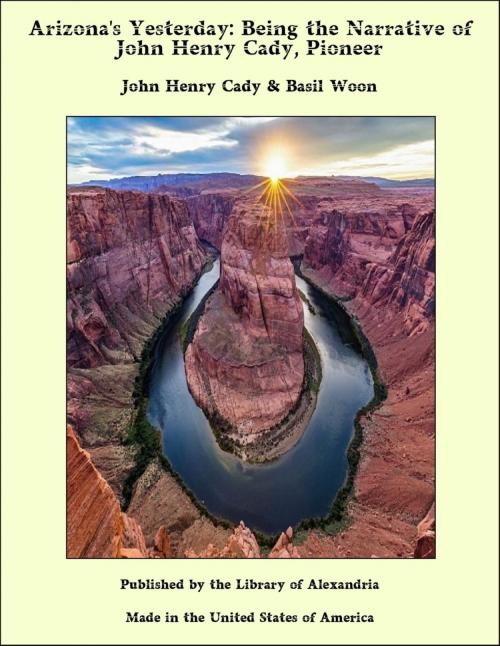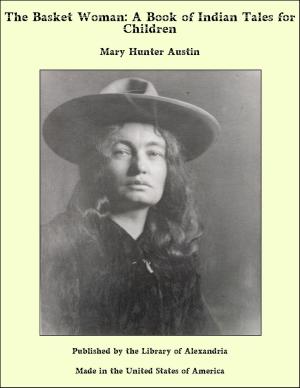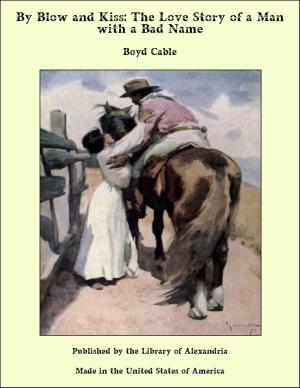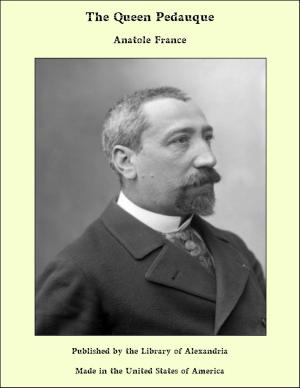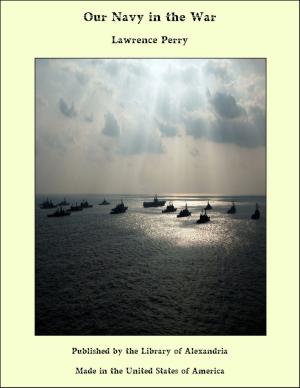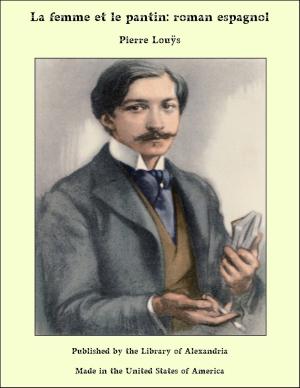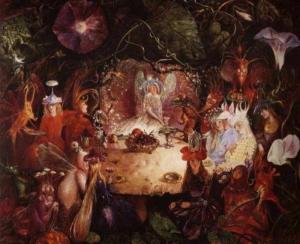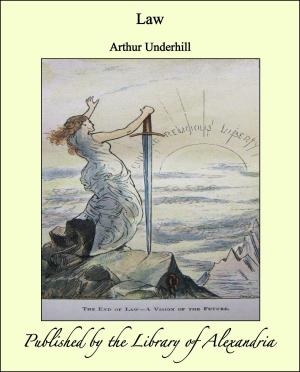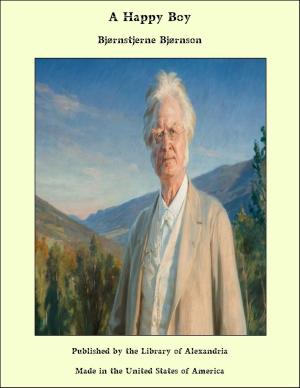Arizona's Yesterday: Being the Narrative of John Henry Cady, Pioneer
Nonfiction, Religion & Spirituality, New Age, History, Fiction & Literature| Author: | John Henry Cady & Basil Woon | ISBN: | 9781465547415 |
| Publisher: | Library of Alexandria | Publication: | March 8, 2015 |
| Imprint: | Language: | English |
| Author: | John Henry Cady & Basil Woon |
| ISBN: | 9781465547415 |
| Publisher: | Library of Alexandria |
| Publication: | March 8, 2015 |
| Imprint: | |
| Language: | English |
Fourteen years before that broad, bloody line began to be drawn between the North and the South of the "United States of America," before there came the terrific clash of steel and muscle in front of which the entire world retreated to a distance, horrified, amazed, fascinated and confounded; before there came the dreadful day when families were estranged and birthrights surrendered, loves sacrificed and the blight of the bullet placed on hundreds of thousands of sturdy hearts—fourteen years before this, on the banks of the mighty Ohio at Cincinnati, I was born, on September 15, 1846. My parents were John N. Cady, of Cincinnati, and Maria Clingman Cady, who was of German descent, and of whom I remember little owing to the fact that she died when I reached my third birthday. Ah, Cincinnati! To me you shall always be my City of Destiny, for it was within your boundariesthat I, boy and man, met my several fates. One sent me through the turmoil and suffering of the Civil War; another sent me westward mounted on the wings of youthful hope and ambition. For that alone I am ever in the debt of Ohio's fairest city, which I hope to see again some day before there sounds for me the Taps.... But I do not know. The tide of life is more than past its ebb for me and I should be thinking more of a quiet rest on the hillside, my face turned to the turquoise blue of Arizona's matchless infinity, than to the treading again of noisy city streets in the country of my birth. But this is to be a story of Arizona, and I must hasten through the events that occurred prior to my leaving for the West. When I had reached three years of age my father married again—a milliner—and moved to Philadelphia. My grandmother, who had raised me practically from birth, removed with me to Maysville in Kentucky, where I was sent to school. Some of my pleasantest memories now are of that period in the old-fashioned Kentucky river town. Just after my ninth birthday my father came back to Maysville, claimed me, took me to Philadelphia with him and afterwards turned me over to one William Turner, his wife's brother, who was the owner of a farm on the eastern shore of Maryland. I stayed at the Turner farm until the outbreak of the Civil War in the fall of '61, when my father, who was then working for Devlin & Son, clothiers, with headquarters at Broadway and Warren streets, New York City, enlisted in Duryea's Zouaves as orderly sergeant in Company K. The Zouaves wintered at Federal Hill, Baltimore, and I joined my father and the regiment there. In the spring we moved to Washington, joining there the great Army of the Potomac, with which we stayed during that army's succession of magnificent battles, until after the Fredericksburg fight in '63. In Washington, we were quartered at Arlington Heights and I remember that I used to make pocket money by buying papers at the Washington railway depot and selling them on the Heights. The papers were, of course, full of nothing but war news, some of them owing their initial publication to the war, so great was the public's natural desire for news of the titanic struggle that was engulfing the continent. Then, as now, there were many conflicting statements as to the movements of troops, and so forth, but the war correspondents had full rein to write as they pleased, and the efforts of some of them stand out in my memory today as marvels of word-painting and penned rhetoric. When Grant took command of the Army of the Potomac I left the army, three or four days before reinforcements for General Sherman, who was then making preparations for his famous "march to the sea," left for Kentucky. At Aguire Creek, near Washington, I purchased a cargo of apples for 900—my first of two exceedingly profitable ventures in the apple-selling industry—and, after selling them at a handsome profit, followed Sherman's reinforcements as far as Cincinnati.
Fourteen years before that broad, bloody line began to be drawn between the North and the South of the "United States of America," before there came the terrific clash of steel and muscle in front of which the entire world retreated to a distance, horrified, amazed, fascinated and confounded; before there came the dreadful day when families were estranged and birthrights surrendered, loves sacrificed and the blight of the bullet placed on hundreds of thousands of sturdy hearts—fourteen years before this, on the banks of the mighty Ohio at Cincinnati, I was born, on September 15, 1846. My parents were John N. Cady, of Cincinnati, and Maria Clingman Cady, who was of German descent, and of whom I remember little owing to the fact that she died when I reached my third birthday. Ah, Cincinnati! To me you shall always be my City of Destiny, for it was within your boundariesthat I, boy and man, met my several fates. One sent me through the turmoil and suffering of the Civil War; another sent me westward mounted on the wings of youthful hope and ambition. For that alone I am ever in the debt of Ohio's fairest city, which I hope to see again some day before there sounds for me the Taps.... But I do not know. The tide of life is more than past its ebb for me and I should be thinking more of a quiet rest on the hillside, my face turned to the turquoise blue of Arizona's matchless infinity, than to the treading again of noisy city streets in the country of my birth. But this is to be a story of Arizona, and I must hasten through the events that occurred prior to my leaving for the West. When I had reached three years of age my father married again—a milliner—and moved to Philadelphia. My grandmother, who had raised me practically from birth, removed with me to Maysville in Kentucky, where I was sent to school. Some of my pleasantest memories now are of that period in the old-fashioned Kentucky river town. Just after my ninth birthday my father came back to Maysville, claimed me, took me to Philadelphia with him and afterwards turned me over to one William Turner, his wife's brother, who was the owner of a farm on the eastern shore of Maryland. I stayed at the Turner farm until the outbreak of the Civil War in the fall of '61, when my father, who was then working for Devlin & Son, clothiers, with headquarters at Broadway and Warren streets, New York City, enlisted in Duryea's Zouaves as orderly sergeant in Company K. The Zouaves wintered at Federal Hill, Baltimore, and I joined my father and the regiment there. In the spring we moved to Washington, joining there the great Army of the Potomac, with which we stayed during that army's succession of magnificent battles, until after the Fredericksburg fight in '63. In Washington, we were quartered at Arlington Heights and I remember that I used to make pocket money by buying papers at the Washington railway depot and selling them on the Heights. The papers were, of course, full of nothing but war news, some of them owing their initial publication to the war, so great was the public's natural desire for news of the titanic struggle that was engulfing the continent. Then, as now, there were many conflicting statements as to the movements of troops, and so forth, but the war correspondents had full rein to write as they pleased, and the efforts of some of them stand out in my memory today as marvels of word-painting and penned rhetoric. When Grant took command of the Army of the Potomac I left the army, three or four days before reinforcements for General Sherman, who was then making preparations for his famous "march to the sea," left for Kentucky. At Aguire Creek, near Washington, I purchased a cargo of apples for 900—my first of two exceedingly profitable ventures in the apple-selling industry—and, after selling them at a handsome profit, followed Sherman's reinforcements as far as Cincinnati.
